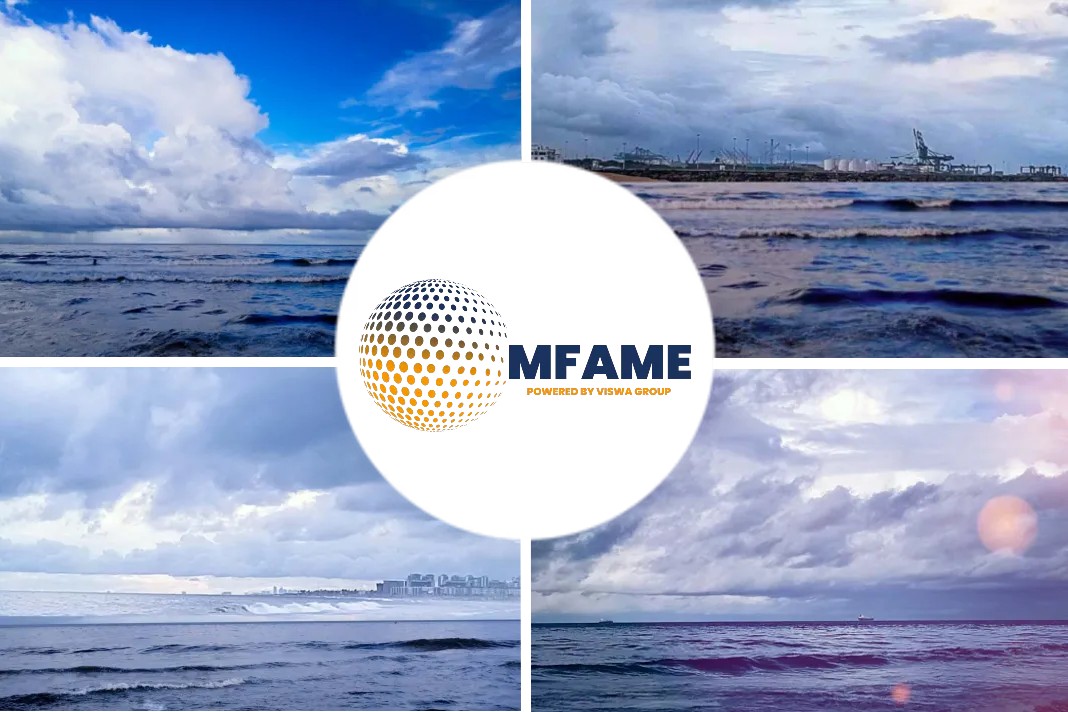- The MI is calling on maritime policy-makers to adopt a “well-to-wake” approach in greenhouse gas (GHG) accounting of fuels.
- The “well-to-wake” approach is used to support the decarbonization of maritime transport.
The Methanol Institute (MI) is calling on maritime policy-makers to adopt a “well-to-wake” approach in greenhouse gas (GHG) accounting of fuels to support the decarbonization of maritime transport, reports Offshore Energy.
The Approach’s Important Applications
Applying a well-to-wake approach in GHG accounting of maritime transport has four important implications for shipping, according to the institute.
First, it would provide an investment signal and foster innovation in renewable power generation and avoid transferring the reallocation of GHG emissions to upstream fuel production processes.
Second, the burden of decarbonisation would belong to the entire maritime sector rather than to shipowners alone.
Third, it will enable the industry to respond to fast-approaching regulatory targets and adopt sustainable fuels without delay and finally policy should incorporate incentives as well as present investment signals.
MI CEO’s Comments
“The tank-to-wake approach currently used by IMO undisputedly places the burden of GHG emissions solely on ship owners and it implies that to achieve decarbonization, they are held wholly responsible for ensuring decarbonization of the sector,” said Gregory Dolan, Chief Executive Officer of the Methanol Institute.
“A well-to-wake approach would share the burden with fuel suppliers, power generators, port authorities and national governments – we can’t just look at what happens in the engine room and ignore how the fuel got there in the first place.”
MI’s Points on GHG Emissions
Methanol Institute also emphasized that focussing purely on tank to wake or “operational” emissions could have consequences on the maritime sector and its decarbonisation path.
By granting vessels propelled by ammonia or hydrogen from natural gas “zero-emission” status, policy-makers ignore the fact that they emit more than GHG any of the other potential alternative fuels, Methanol institute pointed out.
Europe MI Manager’s Statements
“If policymakers truly intend to apply a metric to GHG emissions which reflects reality instead of a false impression of progress, the well-to-wake approach represents the only viable path forward.”
“Shipping doesn’t have the luxury of waiting for as yet unavailable fuel technologies to reach technical readiness, regulatory approval and availability when clean fuels are already available now for existing vessels and newbuilds,” said Matthias Ólafsson, MI Manager of Government and Public Affairs, Europe.
Carbon Reduction Goals with Fuels
The well-to-wake approach stimulates the uptake of fuels produced with a reduced carbon footprint but does not eliminate the so-called “zero-carbon” propulsion fuels currently favoured by the tank-to-wake approach.
The recent release of the European Union’s plans for maritime emissions trading will intensify the pressure on governments to put viable fuel choices in the hands of shipowners.
EU’s Green Transition Plans
In a new climate plan, the European Commission has proposed to extend the scope of the EU’s Emissions Trading System to cover CO2 emissions from ships.
This is one of several proposals that aim to make the EU ‘fit for 55’ and help deliver on the European Climate Law target to reduce greenhouse gas emissions in the EU by at least 55% by 2030, and enable climate neutrality by 2050.
MEPC Meetings for Sustainable Actions
Methanol Institute’s call for this type of approach also comes ahead of autumn environmental meetings, including International Maritime Organisation’s (IMO) Marine Environment Protection Committee (MEPC) 77 session which will be held on 22 – 26 November 2021.
IMO’s Consistent Hard work
IMO has recently marked 10 years of action on cutting greenhouse gas emissions from shipping with the latest measures being adopted at IMO’s MEPC 76.
However, IMO’s measures targeting a 1.5% annual ship CO2 intensity cut between 2023-2026 faced backlash as too weak.
MI & IMO Collaboration
The Methanol Institute concluded that it will work with IMO member states and industry bodies to promote the application of a well-to-wake approach to accurately establish a comparison of marine fuel performance with regards to GHG emissions.
Did you subscribe to our daily newsletter?
It’s Free! Click here to Subscribe!
Source : Offshore Energy
















